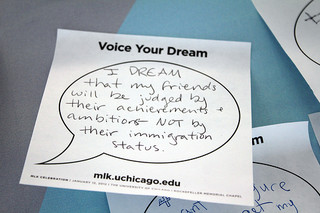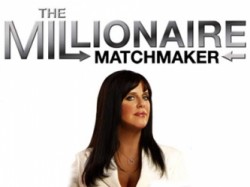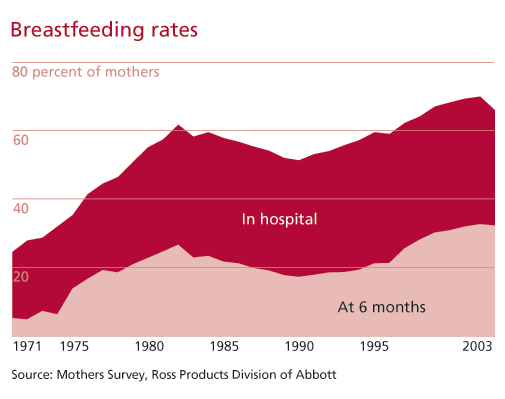
Reminiscent of The Proclaimers’ 1988 hit about walking 500 miles, William Helmreich, a sociologist at the City College of New York, has been taking it to the streets for the past four years. During that time he has walked all 120,000 city blocks across New York City’s five boroughs, and he is sharing the knowledge gained from his observations, experiences, and conversations in a new book called The New York Nobody Knows: Walking 6,000 Miles in the City.
His work illustrates the utility of ethnographic research as a means of public sociology. In addition to observing the social world around him, Helmreich engaged people he encountered on questions ranging from the best parks in the area to their opinions on social issues such as immigration and gentrification
Both the diversity of the terrain and the outspoken character of the people he encountered likely contributed to the depth of Helmreich’s research. A New Yorker, he says, “is gruff, fancies himself to be knowledgeable, and cannot resist a challenge of answering, on the spot, in a wisecracking type of way, a spontaneous question.”
—



